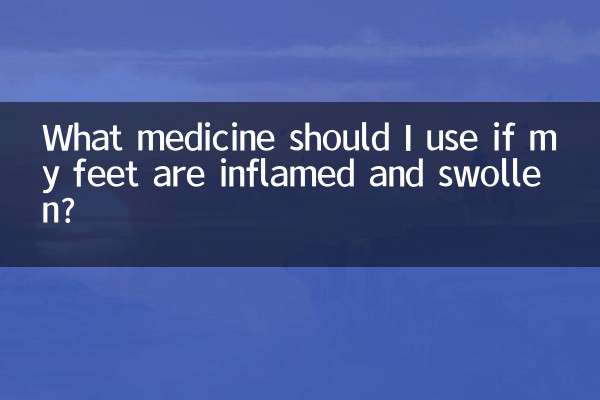What to pay attention to when you have urticaria
Urticaria is a common allergic skin reaction characterized by red or white wheals on the skin, accompanied by itching. In recent years, the incidence of urticaria has increased, especially during periods of seasonal change or increased environmental pollution. The following is a collection of precautions and hot topics about urticaria to help you better deal with this problem.
1. Symptoms and causes of urticaria

The main symptoms of urticaria include skin itching, redness, swelling, wheals, etc. In severe cases, it may be accompanied by systemic reactions such as difficulty breathing and dizziness. Here are common triggers:
| type of trigger | Specific examples |
|---|---|
| food allergy | Seafood, nuts, eggs, milk, etc. |
| drug reaction | Antibiotics, aspirin, etc. |
| environmental factors | Pollen, dust mites, pet dander, etc. |
| physical stimulation | Cold, heat, pressure, etc. |
2. Daily care for urticaria
1.Avoid contact with allergens: After identifying the allergen, try to avoid contact with it. For example, people with pollen allergies should reduce outdoor activities or wear masks.
2.Keep skin clean: Use mild cleansing products and avoid scrubbing the skin excessively to avoid aggravating symptoms.
3.Wear loose clothing: Choose cotton and other breathable clothing to reduce friction and irritation to the skin.
4.Adjust diet: Avoid spicy and irritating foods and consume more fruits and vegetables rich in vitamin C.
3. Treatment methods for urticaria
The treatment of urticaria mainly includes medication and lifestyle modification. The following are common treatment options:
| Treatment | Specific methods |
|---|---|
| antihistamines | Such as loratadine, cetirizine, etc., used to relieve itching and redness |
| Glucocorticoids | Suitable for severe cases and should be used under the guidance of a doctor |
| immunomodulator | Used for patients with chronic urticaria to regulate immune system function |
| Traditional Chinese Medicine Treatment | Such as traditional Chinese medicine decoction, acupuncture, etc., to regulate physical fitness |
4. Recent hot topics
1.The relationship between environmental pollution and urticaria: Recent studies have found that PM2.5 and ozone in air pollution may induce or aggravate the symptoms of urticaria.
2.Development of new anti-allergic drugs: Scientists are researching new drugs that target the immune system, potentially providing more effective treatments for patients with chronic urticaria.
3.Mental health and hives: Stress and psychological factors are considered to be one of the important causes of urticaria. Recently, some experts have called for attention to the mental health of patients.
5. Preventive measures for urticaria
1.Regular physical examination: Identify your own allergens through allergen testing and take targeted prevention.
2.Enhance immunity: Maintain a regular schedule, exercise moderately, and improve body resistance.
3.Avoid overexertion: Long-term fatigue may lead to decreased immunity and induce urticaria.
4.Pay attention to weather changes: Pay attention to keeping warm or cooling down when the seasons change to reduce physical stimulation.
Conclusion
Although urticaria is common, the symptoms can be effectively controlled with scientific care and treatment. If you or a family member develops symptoms of urticaria, it is recommended to seek medical treatment promptly and follow the doctor's advice for treatment. At the same time, paying attention to the environment and personal health and reducing exposure to allergens from the source is the key to preventing urticaria.

check the details

check the details